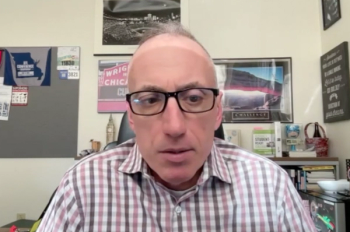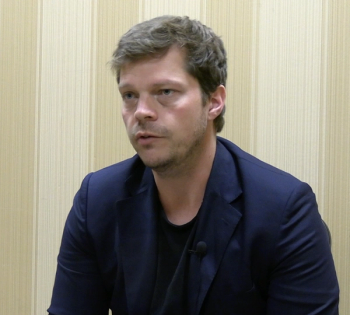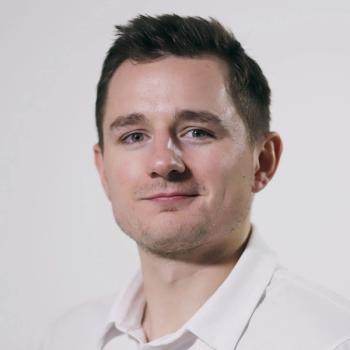
SciX 2024: An Interview on Mentorship with Anita Mahadevan-Jansen
As part of our SciX 2024 conference coverage, we recently asked Anita Mahadevan-Jansen of Vanderbilt University about how mentorship has impacted her career and how new scientists can find a mentor.
Many successful people seek out the help of different mentors throughout their careers. The vast majority (92%) of Fortune 500 companies have mentorship programs, according to a 2023 report from MentorcliQ (1), which also noted that companies with mentoring programs increased their headcounts by approximately 4%, compared to an average headcount decrease of 33% for companies without these programs.
As part of our series of mentorship interviews, we interviewed Anita Mahadevan-Jansen of Vanderbilt University. In addition to holding a directorship at the Biophotonics Center at Vanderbilt University (VBC), she is also the President of SPIE (2). Mahadevan-Jansen's research focuses on the application of optical techniques for the diagnosis of pathology and neuromodulation. The primary research areas include optical diagnostics, neurophotonics, and image-guided surgical techniques (3). She has served as a reviewer for nearly two dozen journals over her career and has served as editor for several journals including Journal of Biomedical Optics, Neurophotonics and Applied Spectroscopy. She started the Biomedical Vibrational Spectroscopy conference at Photonics West BiOS conference in 2002, which has been running ever since.
In this interview, Mahadevan-Jansen answers the following questions:
- Your talk yesterday (as of the interview's filming) focused on mentorship. Why do you think it’s important for early-career scientists to find a mentor?
- Who are some people that have been mentors to you throughout your career? How did you meet these individuals, and what made them great mentors?
- What’s a piece of career advice this person gave you that helped you grow your career?
- What advice would you give to young scientists who are looking for to find a mentor?
- Is there anything else you highlighted in your talk yesterday that you would like our viewers to know?
To learn more about mentorship's place in analytical chemistry, click here for a
References
(1) Francis, L.; Cook, S. Growth in Mentoring Builds Success. ATD 2023.
(2) Anita Mahadevan-Jansen. ElectroOptics 2024.
(3) Anita Mahadevan-Jansen. Vanderbilt University 2024.
Newsletter
Get essential updates on the latest spectroscopy technologies, regulatory standards, and best practices—subscribe today to Spectroscopy.




